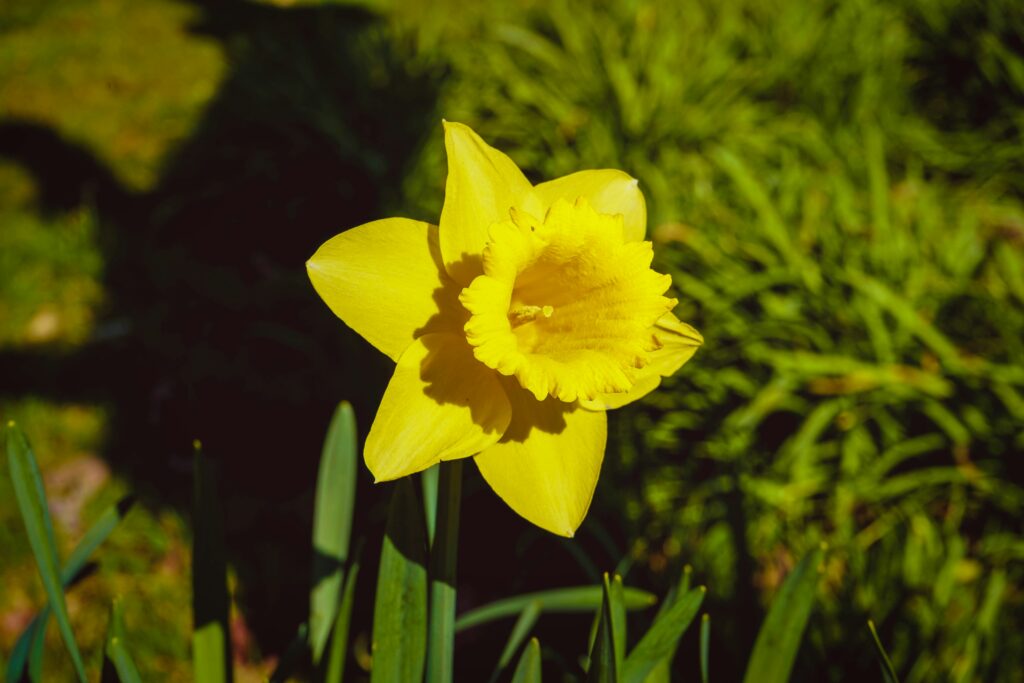Angela Graham asks whether we care enough to press for a proper representation of ourselves in the media
The BBC Director General Lord Tony Hall’s speech in Cardiff this week marking the fiftieth anniversary of BBC Cymru Wales included a game-changer. He said English-language programming (and he mean’t television) had been ‘eroded’ and ‘in decline’ for almost a decade, and not only on ITV. He must have been reading my Clickonwales piece from May last year.
As any organisation might, the BBC has tended to ignore or rebut an assertion that it is under-providing or to acknowledge the bare facts of reduced resources or scarce product but pass swiftly on. So why take it on board now? Tony Hall’s speech provided a context for his remarks, on which I offer a little gloss of my own:
1. The “BBC in Wales faces a disproportionate scale of responsibility given the structural and economic challenges faced by the commercial media sector here” It will be the BBC which is expected to do what the commercial sector will not.
2. The “UK media market remains highly centralised in London and the south east and those words might sit rather awkwardly in Wales”. Wales has distinctive media needs as a nation but the big power-bases are outside it so how can Wales influence its own future?
3. “I am very struck that national and regional loyalties are intensifying…” Whichever way the Scots vote in the short term the long-term direction is towards further intensification.
4. As an (implied) result of (3) “There are questions for the BBC in Wales too…” English language television in Wales must be seen in the context of a long-term political and cultural process to which the BBC must find a way to respond.
5. ‘There are some aspects of national life in Wales that are not sufficiently captured through our English language television output, and I would include comedy, entertainment and culture in those categories. Does this matter? Of course it does: the vitality of any nation must surely rest on more than its journalism. One cannot fully realise a nation’s creative potential or harness its diverse talents through the important, but narrow, prism of news.” The spirit of the times is moving towards the intensification of national loyalties and the BBC needs to align itself with the Welsh nation’s creative potential.
6. Finally, “as it prepares its case for a new charter”. No gloss needed.
On budget cuts and priorities Tony Hall says “there are no easy solutions here”, but he doesn’t say there are none and he pledges that the BBC will “challenge itself on how… we can continue to ensure that Wales can see itself and talk to itself on its own terms in a digital world”.
Is all of this empty rhetoric, ticking boxes so it can be claimed for the record that the right things were said at the time – we feel your pain – but our hands are tied….? I don’t believe so because the Director General did not have to say these things. He could have stuck to the success story.
Neither do I think the Corporation is showing cynical self-interest (though it is an astute move). The BBC must protect its interests, must act to ensure its own survival, and Tony Hall is signalling that the interests of the BBC and of the Welsh nation do coincide – as one would expect. But the times call for the making of allegiances.
It would have been striking if it had been the Director of BBC Wales who had acknowledged so very clearly what less than a year ago my article attributed to an anonymous industry insider – that the channel heads are managing ‘decline’. However, for the Director General to talk of decline and erosion in English language provision for Wales, in Wales, is so significant that anyone who cares about the future of the media here must renew the effort to come up with solutions.
The response from Wales about English language TV must avoid seeing the medium as existing in isolation from other media. Unless the Welsh press, radio and social media unite with TV to imagine and design the future they want then every medium will be weaker.
It is even worse when campaigners for English language and Welsh language TV services pit these against each other. Tony Hall declared, “I would like to invite you all to be a part of the debate” about “how we can continue to ensure that Wales can see itself and talk to itself on its own terms in a digital, interactive world”.
So where in Wales is that debate happening? If I want to take part in it where do I go? And how can I help politicians achieve the kind of acute and robust interrogation of the Corporation that it needs?
Many organisations contributed evidence about English language programming to the Silk Commission. Should there be a kind of Silk Society in which interested parties build on their common interest? Should Tony Hall receive from Wales a considered and broad-based response to his speech?
And how can the public be helped to appreciate what is at stake? Perhaps via the media themselves? Pobol Y Cwm tackles English language provision in Wales?
Ultimately, does Wales care enough about itself, about seeing and hearing itself, to put the effort into creating a proper representation of itself? That’s Tony Hall’s challenge. I believe it can only be met by a united front. one There is no need for it need to be uniform – that would be unhealthy, unlikely and unnecessary – but we should agree that Wales must have the television service it deserves.





Comments are closed.